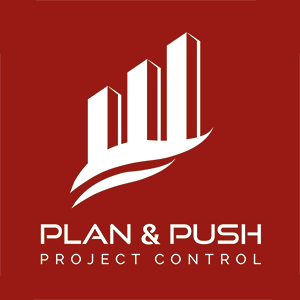In the realm of project management, complexity often arises from intricate schedules and dependencies. Advanced scheduling techniques are essential for managing these complexities and ensuring projects are completed on time. Here’s a look at how these techniques can streamline project management and enhance outcomes.
Key Scheduling Techniques
- Critical Path Method (CPM): CPM identifies the longest path through the project’s tasks, helping to determine the shortest time possible to complete the project. By focusing on critical tasks, project managers can prioritize resources and avoid delays.
- Program Evaluation and Review Technique (PERT): PERT involves estimating the time required to complete each task and analyzing the variability in these estimates. This technique is particularly useful for projects with uncertain durations, allowing for better risk management and scheduling flexibility.
- Gantt Charts: Gantt charts visually represent the project schedule, showing task durations, dependencies, and progress. They provide a clear timeline and help track milestones, making it easier to manage and communicate project status.
- Earned Value Management (EVM): EVM integrates cost, schedule, and scope to provide a comprehensive view of project performance. It helps in assessing how much work has been completed compared to the planned progress, aiding in budget and schedule control.
- Resource Leveling: Resource leveling adjusts the project schedule to address resource constraints, ensuring that resources are used efficiently and avoiding over-allocation.





